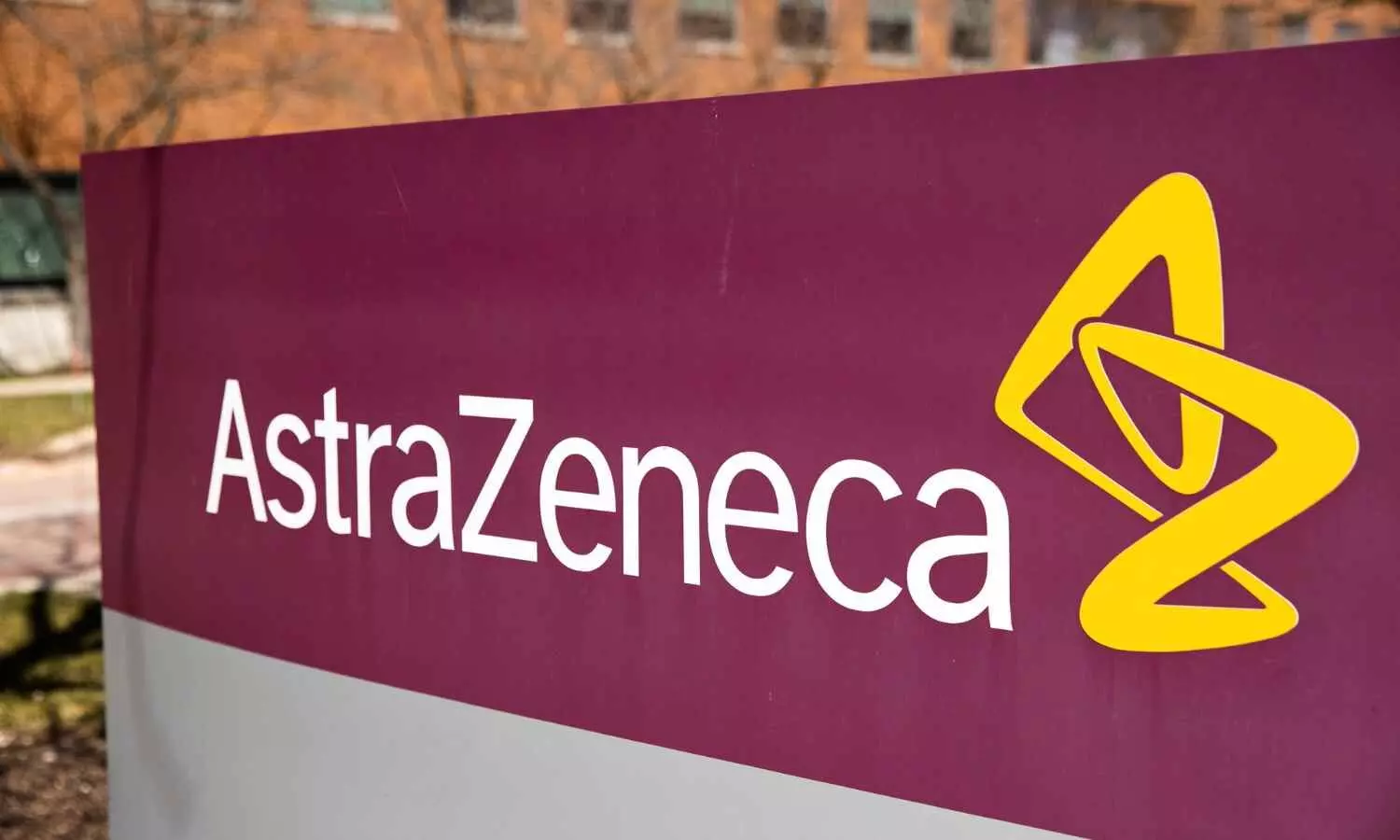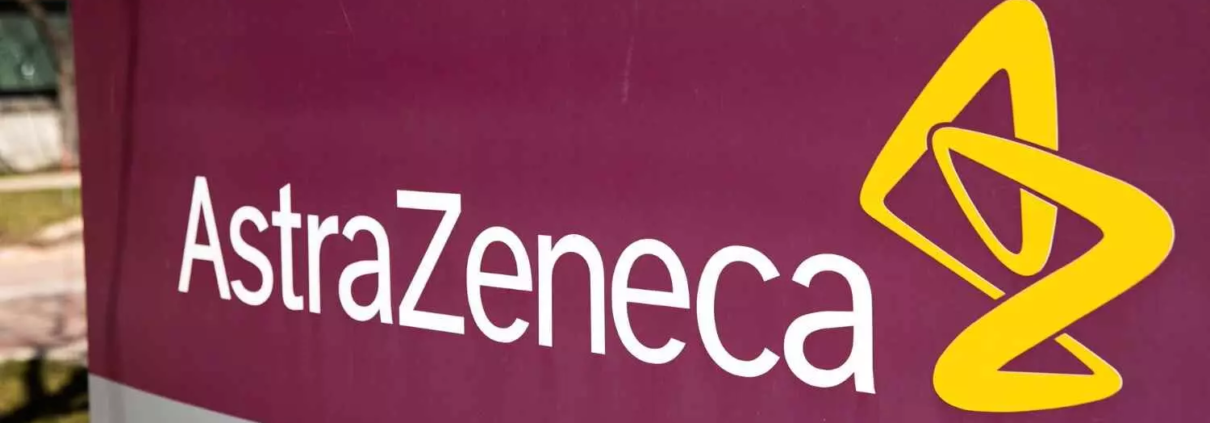AstraZeneca Imfinzi fails in late-stage trial to treat type of lung cancer

Cambridge: AstraZeneca has announced the high-level results from the ADJUVANT BR.31 Phase III trial, sponsored by the Canadian Cancer Trials Group (CCTG), showed Imfinzi (durvalumab) did not achieve statistical significance for the primary endpoint of disease-free survival (DFS) versus placebo in early-stage (IB-IIIA) non-small cell lung cancer (NSCLC) after complete tumour resection in patients whose tumours express PD-L1 on 25% or more tumour cells.
Susan Galbraith, Executive Vice President, Oncology R&D, AstraZeneca, said, “We are disappointed in the ADJUVANT BR.31 results. Imfinzi has helped change the treatment landscape and achieved multiple positive Phase III trials for patients with earlier stages of lung cancer. We are committed to addressing the remaining unmet need in lung cancer through our broad development programme.”
The safety profile for Imfinzi was consistent with its known safety profile, and no new safety concerns were reported. The data will be shared at a forthcoming medical meeting.
Imfinzi is the only approved immunotherapy and the global standard of care in the curative-intent setting of unresectable, Stage III NSCLC in patients whose disease has not progressed after chemoradiotherapy based on the PACIFIC Phase III trial.
Imfinzi is also being investigated as monotherapy and in combinations in several other early-stage lung cancer settings, including in medically inoperable or unresected Stage I-II NSCLC (PACIFIC-4) and unresectable, Stage III NSCLC (PACIFIC-5, 8 and 9).
Read also: AstraZeneca Truqap, Faslodex combo approved in EU for advanced ER-positive breast cancer
Each year, there are an estimated 2.4 million people diagnosed with lung cancer globally. Lung cancer is the leading cause of cancer death among both men and women, accounting for about one-fifth of all cancer deaths. Lung cancer is broadly split into NSCLC and small cell lung cancer (SCLC), with 80-85% of patients diagnosed with NSCLC.
The majority of NSCLC patients are diagnosed with advanced disease while approximately 25-30% present with resectable disease at diagnosis. Early-stage lung cancer diagnoses are often only made when the cancer is found on imaging for an unrelated condition.
The majority of patients with resectable disease eventually develop recurrence despite complete tumour resection and adjuvant chemotherapy. Only around 58% of patients with Stage IB disease will survive for five years. This decreases to 36-46% for patients with Stage II and 24% for patients with Stage IIIA disease, reflecting a high unmet medical need.


